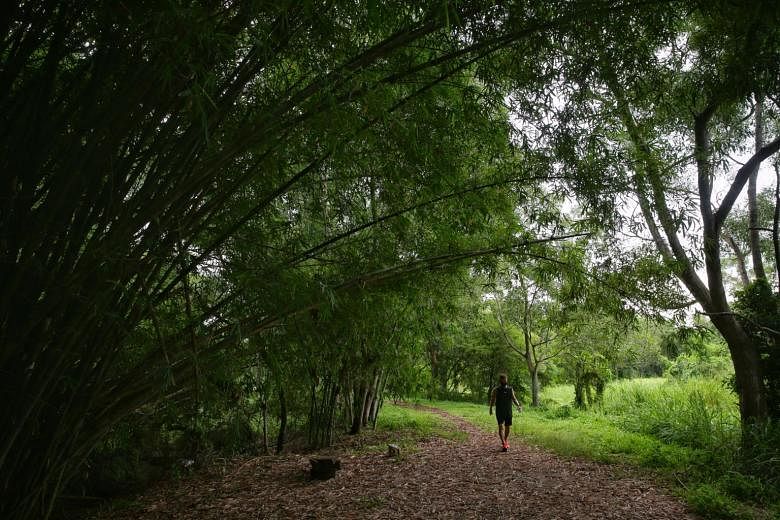Younger Singaporeans are attentive to the growing concern about climate change and want to ensure they have a sustainable future.
In response, politicians have proposed a range of policies that address climate change.
Singapore will eventually transform into a green nation, but the cost of this transformation may pose challenges to younger generations.
Producing goods in a sustainable way will inherently increase manufacturing costs, which will then be passed on to consumers.
This trend can be seen when shopping for goods; for example, food grown organically is more expensive and clothes made from petrochemical materials are cheaper than clothes made from natural fibres.
Our electricity bills will also rise in the medium term due to the cost of switching to renewable energy sources and upgrading the electricity grid.
For the rich, the "feel good" factor from being environmentally friendly and the health benefits will outweigh these cost concerns.
But for the less fortunate, going green may hurt their pockets. Compounded by the ongoing recession, social inequality is likely to rise if we continue to use existing approaches such as carbon taxes to tackle climate change.
This is probably why some governments have considered halting climate change policies during the coronavirus pandemic.
The core problem is that many climate change policies, such as tax benefits offered to companies that employ more expensive but greener transportation options, can weaken market competition, something we want to avoid during the current recession.
Although targets for carbon emission and energy efficiency are needed, we should ensure that the targets do not come with an increased cost of living.
To avoid widening social inequalities, climate change policies should be integrated with policies implemented by the Ministry of Social and Family Development.
One way is to offer green products and services, possibly through incentive programmes or subsidies, at a competitive price on a par with their petrochemical counterparts. Climate change policies should not be aimed at corporations, but be targeted at the public.
Jimmy Chih-Hsien Peng (Dr)

